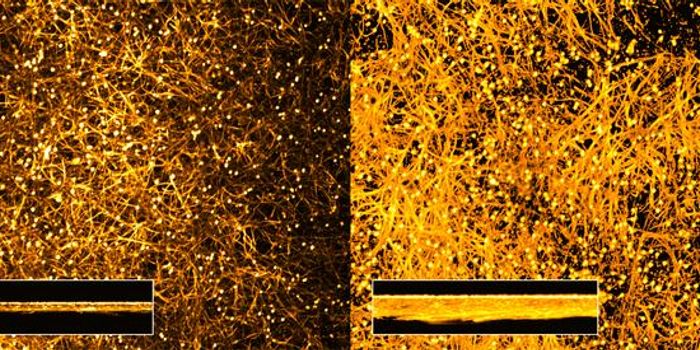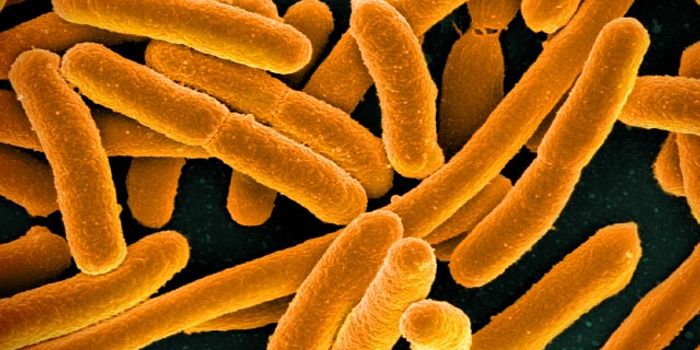How Non-Antibiotic Drugs Can Alter & Impair the Gut Microbiome
The gut microbiome, the community of microbes in the human gastrointestinal tract, has many significant influences on the body. It can be affected by environmental factors, such as what we eat, or what medications we take. Antibiotics can clearly have a major impact on the gut microbiome, and can wipe out many bacterial members of the gut microbiome. Research has also shown that the gut microbiome can modify medications that we may take. Now researchers have explored some of the ways that non-antibiotic drugs can affect the gut microbiome. This work, which was reported in Nature, has shown that some medications can raise the risk of gut infections.
While antibiotics can destroy beneficial bacteria in the gut microbiome, and provide a window of opportunity for nasty bugs to take over, non-antibiotics can also disrupt that important microbial community. This study has suggested that non-antibiotic drugs can also impact the gut microbiome in surprising ways. Using a mouse model, the investigators found that some drugs lead to the production of molecules that take aim at the gut microbiome. The findings could explain why some people tolerate and respond well to certain medications, while others do not.
Since disruptions in the gut microbiome can allow nasty microbes to have a chance to cause an infection, the researchers looked in patient medical data for links between gastrointestinal infections and prescriptions. They analyzed anonymized records from over 1 million people.
"We found prescription drugs that increased people's risk of infections to the same degree that antibiotics would," noted senior study author Andrew Goodman, Ph.D., a professor and chair at Yale School of Medicine (YSM), among other appointments.
After their analysis, the scientists focused on 21 drugs, and learned more about how they may affect the gut microbiome. They used mouse models that were exposed to these drugs, and assessed the gut microbiomes of these mice before and after drug exposure.
This effort revealed that about half of the medications could cause changes in composition of the gut microbiome. Four of the medications: clonazepam (an anti-anxiety drug), digoxin (treats congestive heart failure), pantoprazole (an anti-seizure and stomach acid-reducer), and quetiapine (an anti-psychotic) were linked to an increase in the risk of infection after exposure to a pathogen.
Digoxin caused the most significant changes in the gut microbiome, and was selected for further study. The researchers determined that it does not have a direct effect on gut microbes, but it does activate a biochemical pathway (in the mouse model) that generated antimicrobial molecule production in the small intestine. However, those antimicrobial proteins only affected specific gut microbes.
"Among the hundreds and hundreds of microbial species in the gut, there's a very small number that are actually affected," noted Goodman. "But even though the number of species is small, the impact of losing them is enormous."
This impact leads to a reduced ability to fight off infection, and offers infectious microbes a chance to cause disease, Goodman explained.
Similar findings were confirmed in mice that were engineered to carry microbiomes that were more like those seen in humans.
This study has shown the importance of considering the gut microbiome in drug design and administration. The researchers are also interested in whether drugs may be affecting certain gut disorders. They also suggested that it may one day be possible to alter the gut microbiome in a patient so they are able to get the right effect from certain drugs.
Sources: Yale University, Nature









